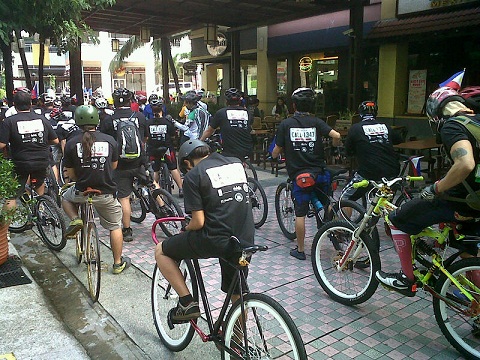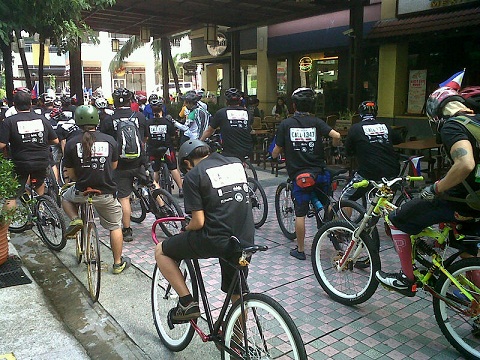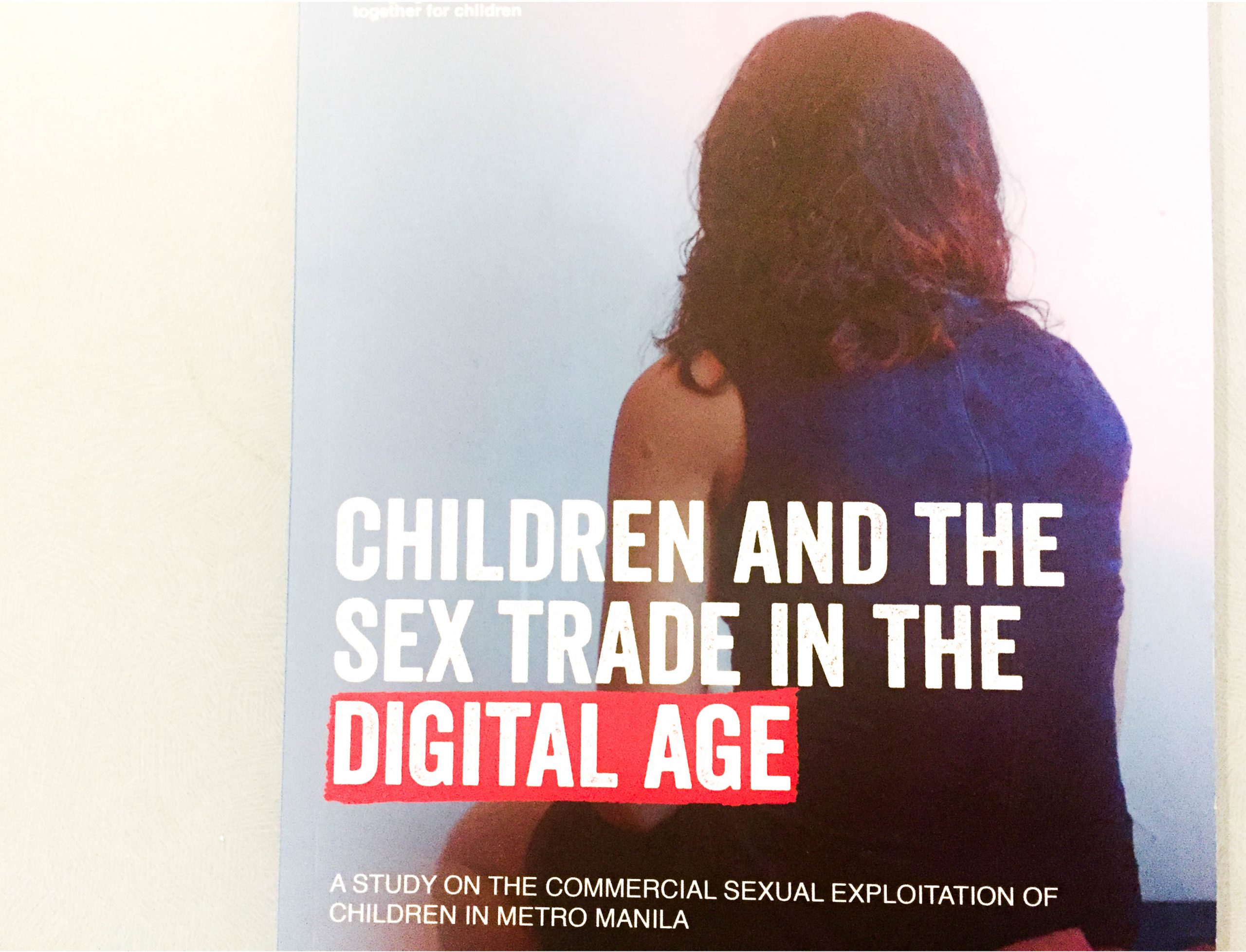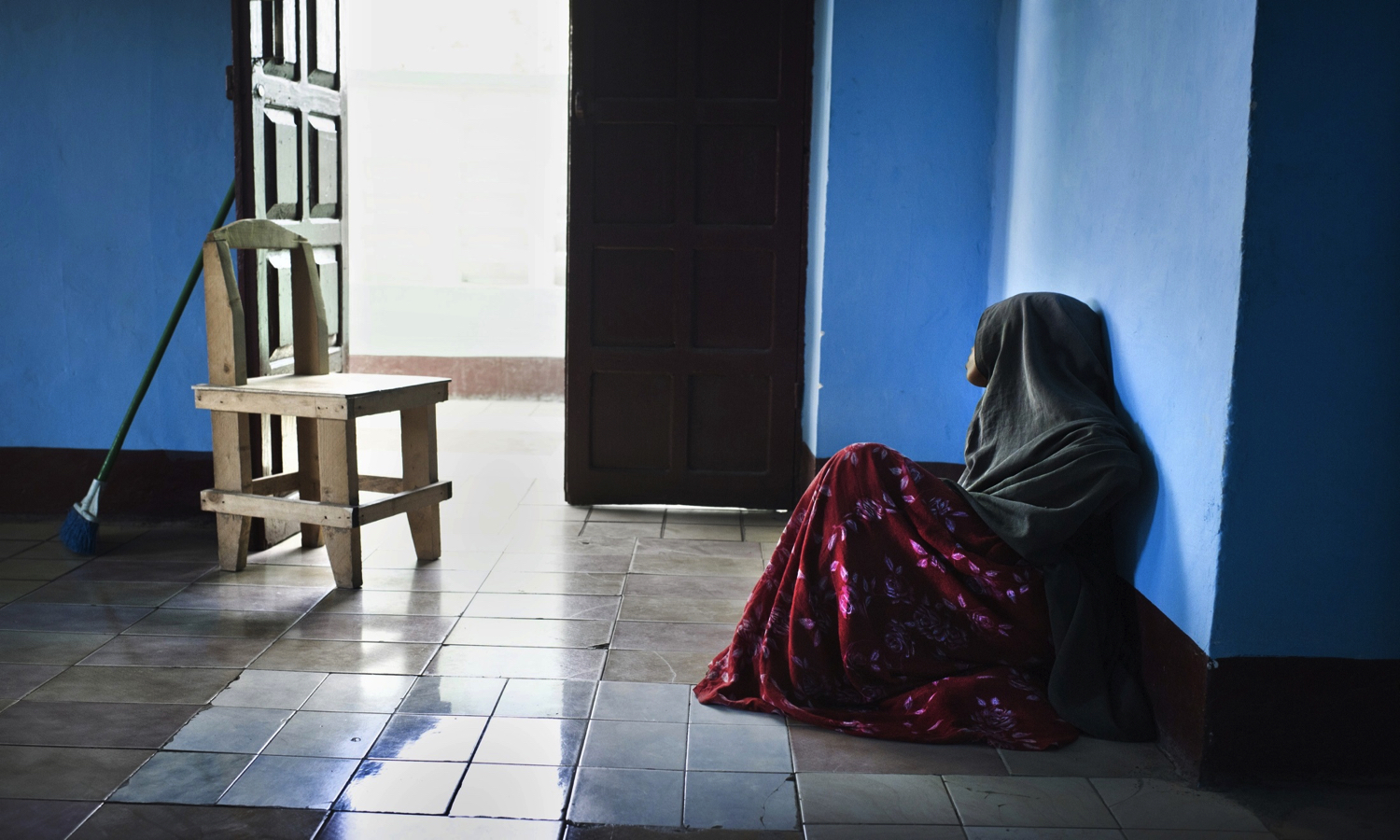By JONATHAN DE SANTOS
AT least a thousand cyclists marked 115th Philippine Independence Day on Wednesday riding in solidarity with 27 million modern-day slaves.
The Freedom Ride, organized by the Dakila collective, was intended to raise awareness of the 1343 Action Hotline, a text and phone hotline for human trafficking cases in the Philippines, a source and transit point for traffickers.
Dakila is a Tagalog word for nobility.
Dakila Philippine Collective is a group of artists, students, and individuals committed to working together to creatively spark social consciousness formation towards social change.
The ride was also meant to recruit Freedom Warriors who will be on the lookout for Filipinos who may be victims of modern-day slavery and human trafficking.
Dakila vice president Noel Cabangon said, “After 115 years of celebrating Independence Day, we still have no real freedom. Many Filipinos are still being exploited by human trafficking or what we now call modern-day slavery.”
Nityalila Saulo, a musician, cyclist, and advocate said, “Slavery still exists and it now takes different forms: forced labor, sexual exploitation, mail-order brides, and child labor.”
Just last week, two Filipinas were rescued by Immigration personnel who intercepted a Chinese matchmaker who was bringing them to Beijing to marry men they had never met. The two women said they were going to China as tourists but could not answer questions about their itinerary. Identification documents they presented also turned out to be fake.
Dakila said from 300,000 to 400,000 Filipinos fall victim to human trafficking every year. Many of the cases of human trafficking take place right here in the Philippines, the group said.
Earlier this week, the Inter-Agency Council Against Trafficking (IACAT) raided a bar in Pampanga and rescued 16 women from a bar in Pampanga. American Jonathan Westlie Kelly and Filipinos Cherry Datu and Carlota De la Rosa were arrested in the raid.
It was learned that bar owners offer the women for sex for P2,000 per customer. The women were reportedly paid just P130 to P160 a day.
Dakila said many Filipinos still work in slave-like conditions even without falling prey to international syndicates. Farm workers and kasambahays who work long hours in hazardous conditions and for little pay can be considered modern-day slaves too.
Cabangon said it falls on each Filipino “to protect their countrymen from slavery.”
Cabangon, who led the cyclists in reciting a pledge to combat trafficking, said Filipinos should not participate in, and should report “abuse that destroys the dignity of Filipinos.” He said that only when human trafficking stops can the Philippines be truly considered a free country.
Dakila finance director Stephanie Tan said people should learn to spot red flags that could indicate cases of human trafficking. Among those red flags are minors traveling together and who do not seem to know each other well.
Other red flags listed on Dakila’s Project Freedom Philippines website include restricted travel and interaction with others, falsified travel documents, and a lack of an employment contract. Suspected cases of trafficking can be reported to the 1343 Action Hotline. “It means ‘I can help you'”, Tan said.
To make it easy to remember the number, just insert the “3” to 143 which, in pop lingo, means “I love you.”
Last February, the Philippines, which is included in a U.S. Department of State human trafficking watch list, passed a law expanding the coverage of the Anti-Trafficking in Persons Act.
The law now considers promising victims decent jobs but subjecting them to sexual exploitation, forced labor, or involuntary debt bondage as human trafficking. Mail-order brides, sex tourism, recruitment for organ harvesting, and recruiting child soldiers are also now covered under the law against human trafficking.
The expanded law now also punishes accomplices and accessories to trafficking.
Senator Loren Legarda, one of the authors of the expanded law, urged for a tougher implementation of the law.
“The stricter provisions of the law should be matched with its effective implementation. Our government agencies should partner with concerned non-government organizations and our police force should undergo continuous training because human traffickers have become more innovative in their actions,” she said then.
According to data from IACAT, 113 people have been convicted of human trafficking between 2005 and 2013, 83 of whom were convicted under the Aquino administration.



